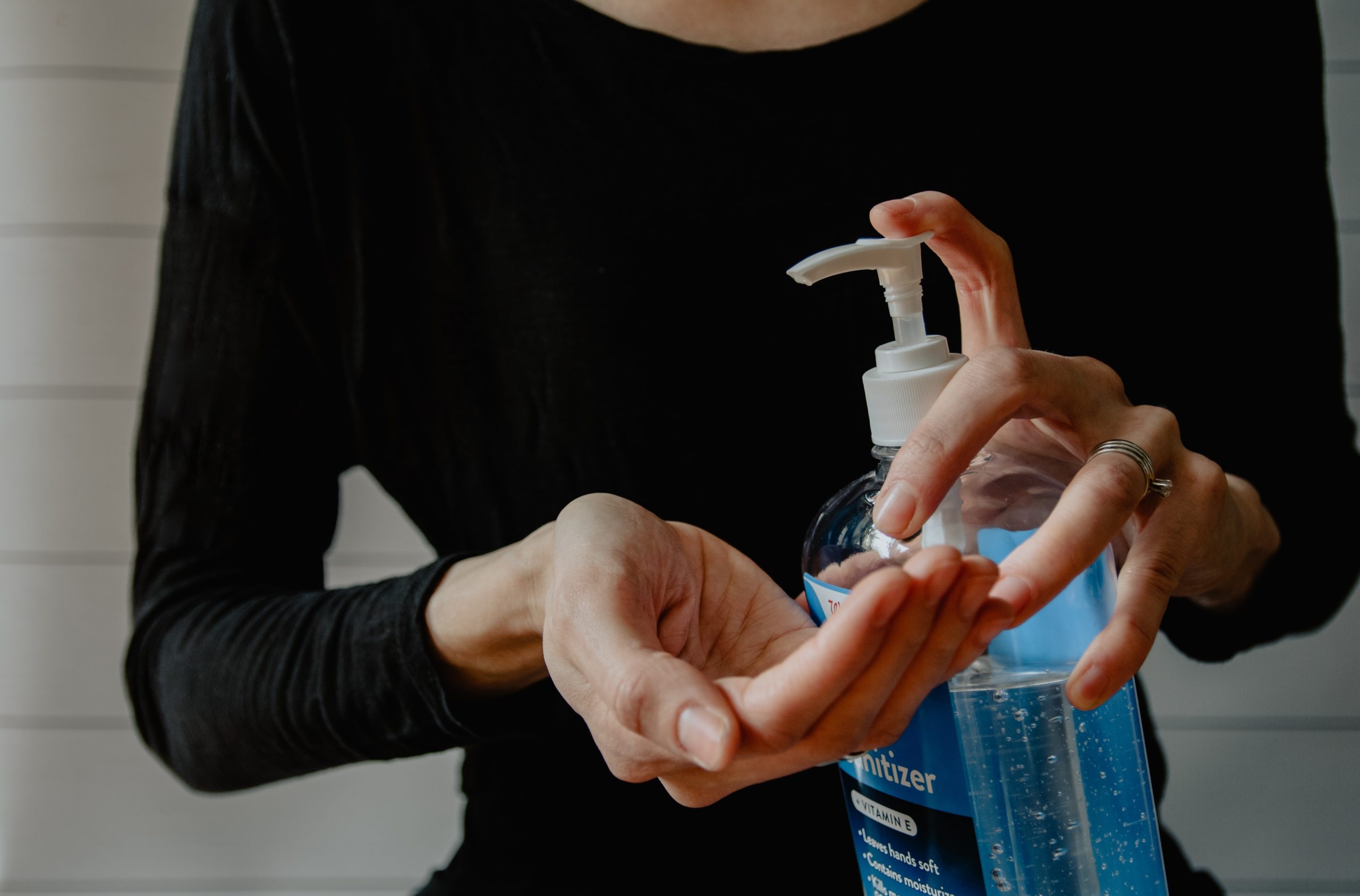Recently, we blogged about some of the legal issues involved in the sale and marketing of Personal Protective Equipment (“PPE”) during the Covid-19 pandemic. Similar legal issues are triggered when businesses pivot from their usual operations and turn to help meet the demand for alcohol-based hand sanitizer. Those that look to follow the lead of companies, such as ExxonMobil, Bacardi, and local craft distilleries, that are now manufacturing and selling (or donating) hand sanitizer, must be aware of the legal regulations that apply to the manufacture and sale of hand sanitizer (“Sanitizer Law”).
What are the legal guidelines for manufacturing and selling hand sanitizer?
Compliance Guidelines for Manufacturing Hand Sanitizer
Alcohol-based hand sanitizers are considered over-the-counter (“OTC”) drugs that must meet Food and Drug Administration (“FDA”) and Alcohol and Tobacco Tax and Trade Bureau (“TTB”) standards before they are sold to the public. In response to growing demand, the FDA and the TTB have recently released relaxed industry compliance standards. In connection therewith, the FDA issued the following statement: “Because of the public health emergency posed by COVID-19, [the] FDA does not intend to take action against firms that prepare alcohol-based hand sanitizers for consumer use and for use as health care personnel hand rubs” provided that: 1) the hand sanitizer is manufactured only using either alcohol that is not less than 94.9% ethanol by volume, United States Pharmacopeia (“USP”) isopropyl alcohol, or glycerol USP; 2) manufacturers certify that the ratios are correct for all products (records should be maintained to document that each batch matches the formula developed for drug production); 3) the hand sanitizer is prepared under sanitary conditions; 4) manufacturers use the most accurate methods for site verification of alcohol content before batches are released for distribution; 5) the hand sanitizer is packaged and labeled in compliance with FDA labeling requirements; and 6) manufacturers register their facilities and list their products in the FDA Drug Registration and Listing System (“DRLS”). Additionally, manufacturers are required to have the ability to receive adverse reports from consumers, which must be submitted to the FDA.
Enforcing Sanitizer Law
Prior to the Covid-19 pandemic, the FDA issued a warning letter to Gojo Industries, Inc. (“Gojo”), the manufacturer of Purell hand sanitizer, for making deceptive statements that its hand sanitizer product may be effective against viruses, including Ebola, norovirus, and influenza. Sanitizer law requires all advertising to be truthful and, when appropriate, backed by reliable scientific evidence. Businesses that do not meet these standards may receive warning letters from the FDA or the Federal Trade Commission (“FTC”), and may also be on the receiving end of a class action lawsuit. Class action lawsuits have been filed against Gojo in the states of California, New York and Ohio for its deceptive advertising. Vi-Jon Inc., the manufacturer of Germ-X, is also the subject of a class action proceeding for falsely claiming that its hand sanitizer can safeguard against Covid-19. Businesses that are hoping to help meet the demand for hand sanitizer must work to comply with the various sanitizer law regulations or risk state and federal investigations, and expensive class action lawsuits.
If you need assistance with starting a hand sanitizer manufacturing or marketing business, please email us at info@kleinmoynihan.com or call us at (212) 246-0900.
The material contained herein is provided for informational purposes only and is not legal advice, nor is it a substitute for obtaining legal advice from an attorney. Each situation is unique, and you should not act or rely on any information contained herein without seeking the advice of an experienced attorney.
Attorney Advertising
Related Blog Posts:
Social Media Influencer Marketing and FTC Enforcement
LendEDU to Settle Alleged FTC Marketing Law Violations
FTC Clarifies Influencer Law with New Sponsorship Disclosure Guide




